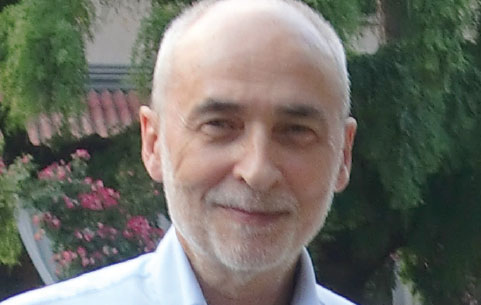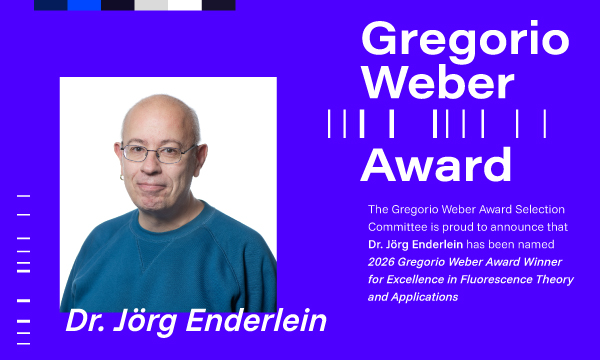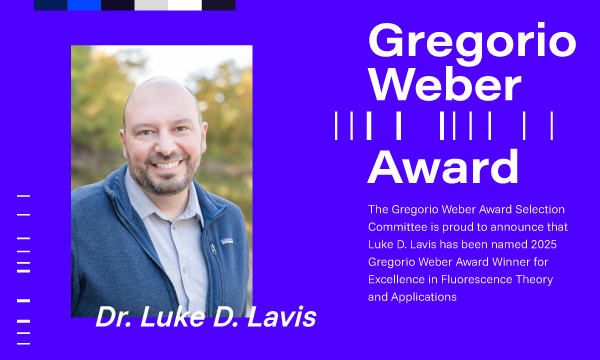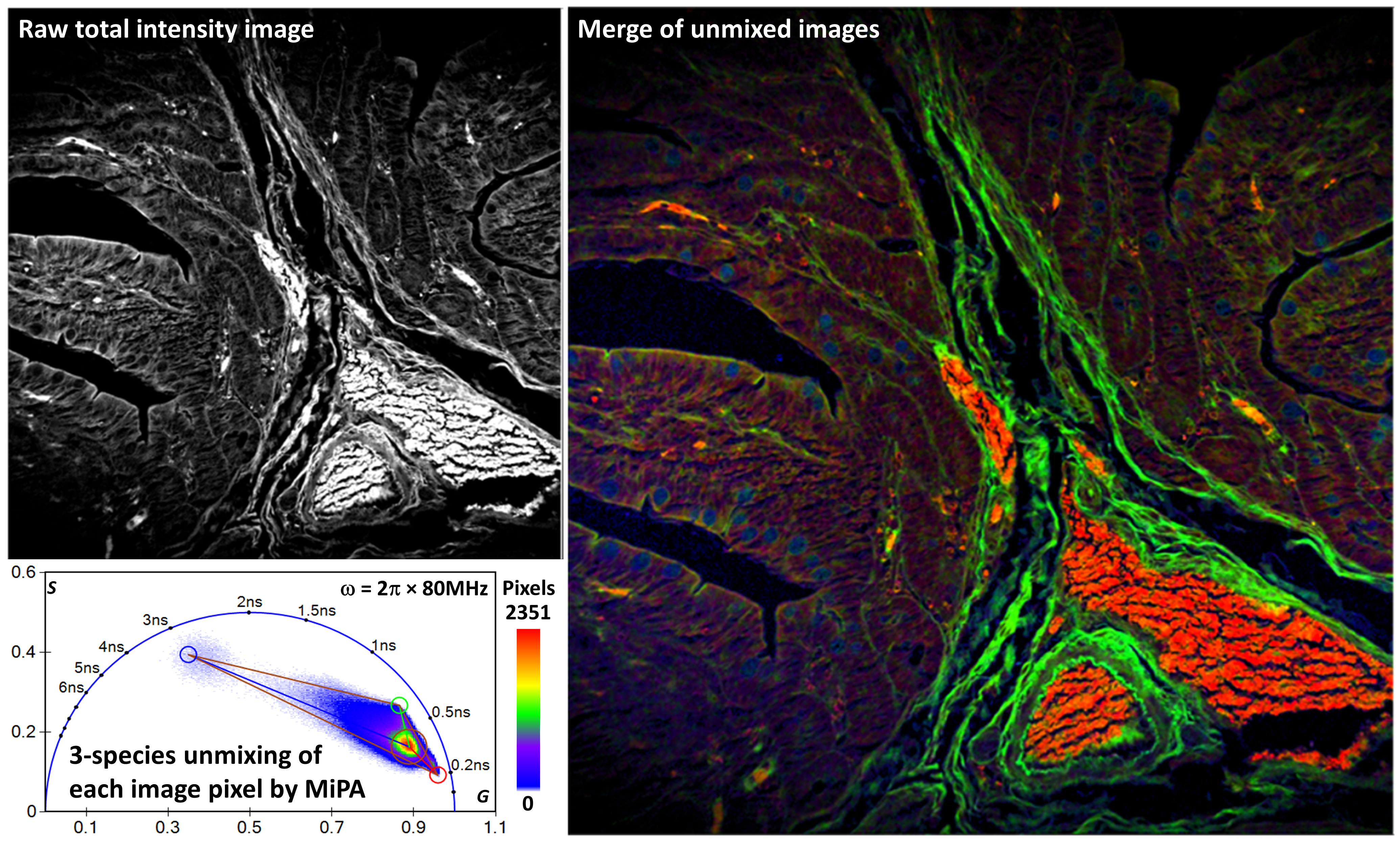NEWS

ISS Honors Prof. Francisco Barrantes with Gregorio Weber Award
Champaign, Illinois - February 17, 2021 - Prof. Francisco J. Barrantes is the winner of the 2021 Gregorio Weber Award; the award was announced during the Biophysical Society's virtual 65th Annual Meeting.
Barrantes specializes in the fields of molecular neurobiology and biophysics of synaptic receptors. Throughout his career, he has published over 280 papers in international journals, which include more than 80 reviews and book chapters. He has also written two books on receptors and cholesterol effects on channels and receptors.
Alongside his two mentors, Eduardo De Robertis and Gregorio Weber, he developed the first fluorescent probe to study the nicotinic acetylcholine receptor.
For 10 years, Barrantes worked in Göttingen, Germany. Here, he was a joint leader of an independent group at the Max-Planck Institute. During this time, he collaborated with Joachim Frank (Nobel awardee in Chemistry, 2017), and together produced the first images of the acetylcholine receptor at 2 nm resolution using single-particle averaging.
Later, in Argentina he introduced the patch-clamp technique and successfully combined its use with point mutations and fluorescence techniques in order to identify sites for cholesterol and phospholipids in the receptor. Barrantes’ seminal work shaped the current understanding of the modulatory role of the lipid microenvironment.
Barrantes also constructed the first super-resolution microscope, a nanoscope, in Latin America in 2008. This was a result of his collaboration with Stefan Hell (Nobel Awardee in Chemistry, 2014), started in 1999.
He is currently Professor and Head of the Laboratory of Molecular Neurobiology, at the Institute of Biomedical Research UCA-CONICET.
For his contributions to the scientific world, Barrantes has been globally recognized with countless awards. ISS is honored to recognize Francisco J. Barrantes as the 2021 recipient of the Gregorio Weber Award for Excellence in Fluorescence Theory and Applications for his outstanding and continued contributions to the field.



